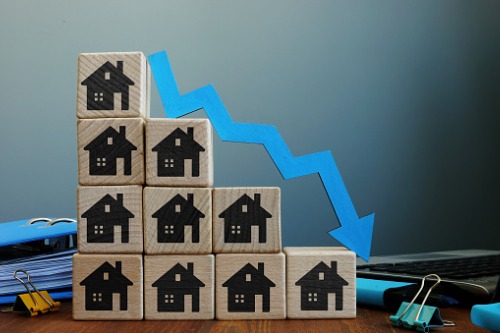

Australia’s interest rate price war has reached a new level as Homestar Finance has announced what is now thought to be the lowest rate available anywhere in the country.
They have slashed 14 points off their existing two-year fixed rate to take it as low as 1.74%, 5 points lower than the current lowest rate offered by the previous lowest rate, which was available from Westpac and their subsidiary banks, St George, Bank of Melbourne and BankSA.
“We are excited to offer Australia’s lowest-ever 2-year fixed rate mortgage to Homestar Finance customers, with rates beginning at just 1.74% per annum,” said Andrew Chepul, CEO of Homestar Finance. “This continues Homestar’s strong history of leading the market and helping Australians to own their own home sooner.“
Mandy Sly, Executive Retail Distribution of Homestar Finance, added: “Our fixed rate home loans have always been popular with investors looking for cash flow certainty, and now they are becoming increasingly popular with first time buyers attracted to our market-leading low rates and personalised service.”
To take advantage of the loan, customers much have a loan-to-value ratio of 80% or lower. Homestar are also offering variable rate loans that are among the best on the market for their class, at 1.79%.
With the housing boom continuing and the cash rate remains parked as low as it can go, the Big Four banks have been undercutting each other to offer customers record low interest rates on home loans.
Westpac went as low as 1.79% last week, making their offer the lowest of the major banks on the market. It is thought that the price war will continue as long as housing prices and home loans go up and the cash rate remains the same.
The Reserve Bank of Australia (RBA) have shown no enthusiasm for changing their historically low rate, which currently stands at 0.1%.
RBA Governor Philip Lowe recently said in a speech at the Australian Financial Summit that the cash rate would be frozen until “at least 2024” as a result of low wage growth.
Many experts, however, suspect that the cash rate will not remain that low for that long, with the ongoing housing boom the chief factor that will force the RBA to move ahead of their schedule.
